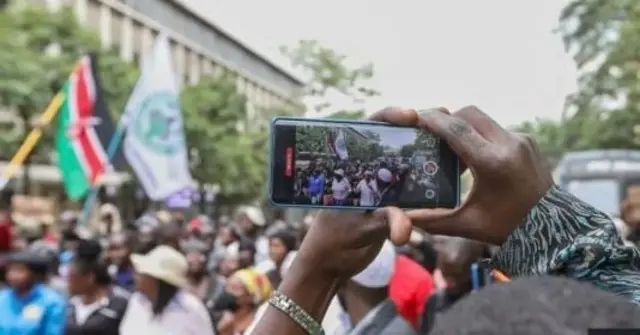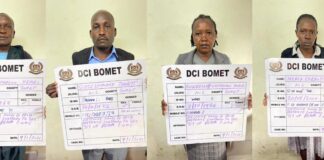Kenyan authorities carried out a coordinated campaign of digital intimidation and technology facilitated violence to undermine a series of Generation Z led protests between June 2024 and July 2025, a new Amnesty International report finds.
The study concludes that government agencies and allied groups weaponised online platforms to disrupt dissent, intimidate activists and weaken movements that were organised largely through social media.
The report titled “This fear, everyone is feeling it” details what Amnesty describes as systematic online harassment, threats, disinformation and smear campaigns directed at young demonstrators who opposed new tax proposals, corruption and a rise in femicide.
Protests took place in 44 of the 47 counties, with Nairobi, Mombasa and Kisumu among the main centres of mobilisation.
Amnesty researchers say that state supported trolls used social media to spread abuse, incite hostility and track organisers. The organisation estimates that at least 128 people were killed during the protests and that more than 3,000 arrests and over 83 enforced disappearances occurred. Many of the disappearances reportedly targeted young organisers whose online activity had been monitored.
Interviews with 31 human rights defenders reveal a pattern of threats delivered through X, TikTok, Facebook and WhatsApp. Several activists said they received direct messages warning them that they would be harmed or killed. Some later survived enforced disappearance. Amnesty found that these threats formed part of coordinated trolling networks that posted identical messages designed to dominate trending lists and drown out protest hashtags.
Women activists described misogynistic abuse, body shaming and the circulation of AI generated sexual images intended to silence them. Amnesty also documented the spread of false claims suggesting that abducted activists had staged their own disappearances in order to gain attention.
One individual involved in paid digital campaigns told Amnesty that he belonged to a group of about twenty people hired to boost pro government narratives. He said they were paid daily to promote hashtags that countered protest messages, including those created in response to calls for President Ruto to resign.
Interior Cabinet Secretary Kipchumba Murkomen denied that the government sanctioned harassment or violence and said security agencies were required to follow the law. However Amnesty argues that the authorities have failed to investigate credible allegations of online surveillance and unlawful operations. Several activists believe that their movements were tracked through mobile data, though Safaricom said it only shares customer information through lawful channels.



















